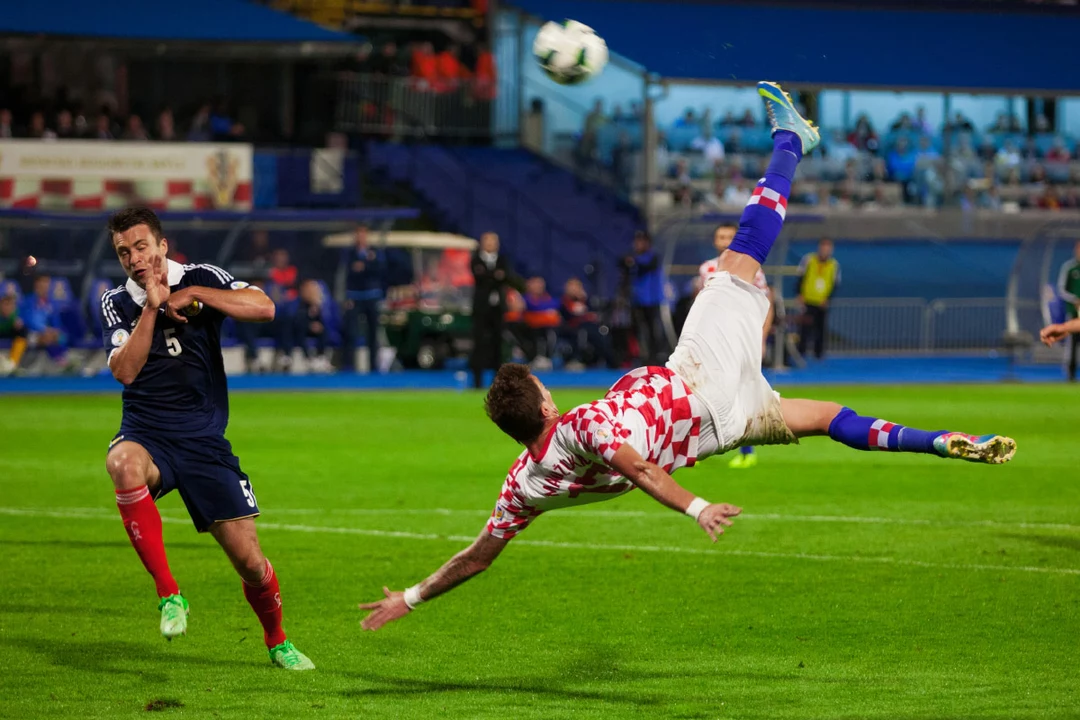How long is a World Cup game?
Understanding the basics: The match duration
As a football fan, one of the most frequently asked questions is, "how long does a World Cup game last?". The answer is quite simple: a standard World Cup match consists of two halves, each lasting 45 minutes, with a 15-minute break in between, known as halftime. This means that a typical World Cup game lasts for a total of 90 minutes of playtime. However, it is essential to note that the actual duration of a match extends beyond the 90 minutes due to various factors that we will discuss in this article.
Whether you are a die-hard fan or just starting to get into the sport, understanding the nuances of a World Cup game's duration will enhance your viewing experience. So let's dive into the specifics of how long a World Cup game truly lasts.
Extra time: What happens when a game is tied?
In the group stages of the World Cup, if the match ends in a draw after the 90 minutes, the game concludes, and both teams share the points. However, in the knockout stages, a tie at the end of regulation time means the match goes into extra time. Extra time consists of two additional 15-minute halves, bringing the total playtime to 120 minutes.
The introduction of extra time can add drama and excitement to the game, as both teams battle it out to avoid the dreaded penalty shootout. While extra time may extend the game's length, it also provides teams with the opportunity to showcase their skills and determination in the pursuit of victory.
The significant role of stoppage time
Stoppage time, also known as injury time or added time, is an essential aspect of a World Cup game's duration. Referees add stoppage time to compensate for time lost due to substitutions, injuries, disciplinary actions, or other interruptions during the match. Stoppage time is added at the end of each half, typically ranging from 2 to 5 minutes, but can be more depending on the circumstances.
As a result, the actual duration of a World Cup game may exceed the 90-minute mark. This added time can be a critical moment, as several teams have scored decisive goals during stoppage time, either securing victory or dramatically changing the outcome of the match.
Penalty shootouts: The final showdown
If a World Cup knockout stage match remains tied after extra time, the game moves to a penalty shootout to determine the winner. A penalty shootout consists of each team taking turns to attempt five penalty kicks, with the team scoring the most goals emerging victorious. If the scores are still level after the initial five kicks, the shootout progresses to sudden death, where each team takes one kick at a time until a winner is determined.
The duration of a penalty shootout can vary, as it depends on the number of kicks required to determine the winner. However, it typically adds around 20-30 minutes to the game, including the time taken for preparations, discussions, and celebrations.
The impact of VAR on match duration
With the introduction of the Video Assistant Referee (VAR) system in recent years, the duration of a World Cup game can be further impacted. VAR is used to review specific decisions made by the on-field referee, including goals, penalties, direct red cards, and cases of mistaken identity. When a review is initiated, the game is temporarily paused, adding to the game's overall length.
The time added for VAR reviews can vary depending on the complexity of the decision and the time taken by the match officials to reach a conclusion. Despite the potential for added time, the VAR system aims to improve the accuracy and fairness of match outcomes.
Pre-match and post-match ceremonies
While not directly affecting the match's duration, pre-match and post-match ceremonies can also contribute to the overall time spent watching a World Cup game. These events include team introductions, national anthems, and various cultural performances that showcase the host country's heritage.
During the World Cup final, there is an elaborate closing ceremony that takes place before the match, featuring music, dance, and a celebration of the tournament. After the game, there is a presentation ceremony where the winners receive the coveted FIFA World Cup Trophy. These additional events can extend the time spent watching the game, adding to the anticipation and excitement of the match itself.
Conclusion: Enjoy the beautiful game
In conclusion, while a standard World Cup game consists of 90 minutes of playtime, several factors can extend the actual duration of the match. Extra time, stoppage time, penalty shootouts, and the use of VAR all contribute to the overall length of a game. Additionally, pre-match and post-match ceremonies can enhance the viewing experience and add to the time spent watching a World Cup match.
Regardless of the duration, what truly matters is the excitement, passion, and unforgettable moments that the beautiful game of football provides during the World Cup. So sit back, relax, and enjoy every minute of the action!

Write a comment